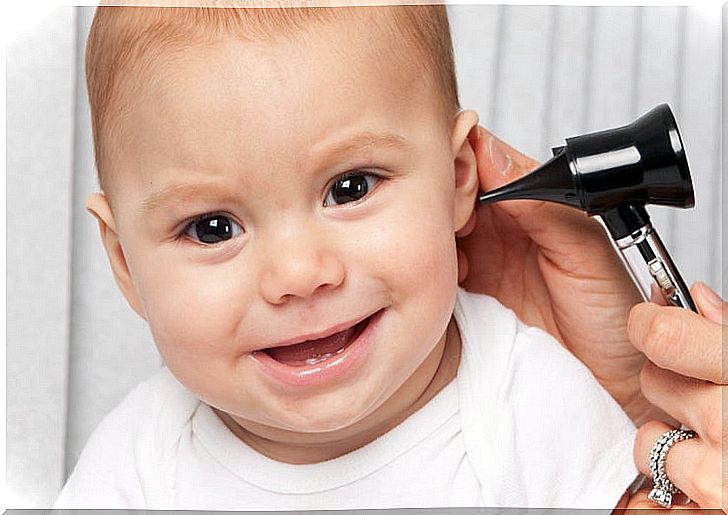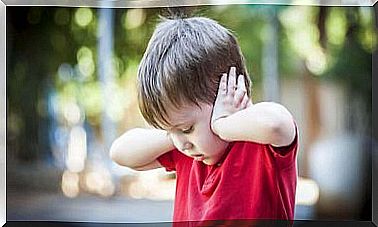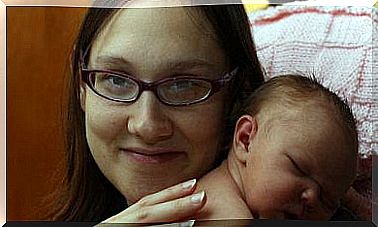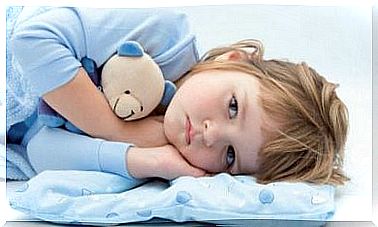How To Avoid Childhood Otitis?

Otitis media is a very common disease in early childhood. In this article, we take a look at precautions to help prevent baby otitis media.
Ear pain is certainly one of the most acute and painful sensations in the human body. It is also the main symptom of otitis.
What is otitis?
Ear inflammation is caused by microorganisms living in any part of the ear. These microbes cause inflammation that produces severe pain.
There are two types of ear infections:
- Inflammation of the middle ear affects the ear canal behind the eardrum and possibly also the eardrum and appendix. Otitis media is a very common disease in early childhood. Risk factors include nursery care, temperature changes, and exposure to tobacco smoke.
- Inflammation of the ear canal is located in the external ear canal. It is often caused by water getting into the ear, but it can also be caused by a local injury, such as pushing a cotton swab too deep into the ear.
Symptoms of otitis media
The most obvious symptom of all is ear pain. This may include ear locking, itching of the ears and secretion of earwax.
Other symptoms may include:
- General malaise
- Fever
- Vomiting
- Fluid secreted by the ear
- A small child is often irritated and cries inconsolably. This can also lead to loss of appetite.
Consequences of otitis
In general, a child’s otitis media is a harmless disease that can be completely cured without causing sequelae. The most common treatments for otitis media are antibiotics and anti-inflammatory medications. These should only be purchased and used on the basis of a prescription from a healthcare professional.
In extreme cases, otitis and other inflammations can cause permanent effects. Of these, the least severe may be chronic otitis, which comes over and over again.
Early childhood ear infections can predispose a child to sensorineural hearing loss later in life. The likelihood of this depends on how badly the mucous membranes and auditory bone are damaged and whether the eardrum is punctured.
How can a child’s otitis media be avoided?
As mentioned earlier, otitis media is a very common disease among babies and young children. According to the Spanish Pediatric Association, 80-90% of children suffer from otitis during their first two years of life.
The following tips can help you avoid getting this painful and uncomfortable ear infection:
- Doctors recommend breastfeeding for the first six months. Breast milk is the best source of a child’s body’s immune response. Breastfeeding therefore helps to protect your baby from infections, such as ear infections.
- Removal of slime. This advice is almost as important as the first piece of advice. Teach your child to squeeze the mucus from his nose so he doesn’t inhale it. Accumulated mucus in the nasal and ear canals can lead to otitis.
The following tips – although not as important as the tips we gave above – can also help prevent a child’s ear infection:
- Be careful when cleaning your child’s ears with a cotton swab. While it may sound strange, an ear wax is meant to protect your child’s ear. Indeed, many health care professionals recommend that a small baby’s ears should not be cleaned with a cotton swab at all, at least during the first two years of a child’s life.
- During the bath, avoid water entering the baby’s ear, as it is one of the causes of ear infections – in both children and adults.
- Avoid hot and humid environments, and keep your children away from smoky places.
- Take your child to an expert for ear examinations as soon as you notice your baby is in pain.

Unfortunately, there is no bomb-proof way to protect your child from ear infections. Keep an eye out if your child develops symptoms of ear infection so you can act as soon as possible.
If an ear infection is uncomfortable for an adult who is able to tell about the pain and take medication to control the disease, you can only imagine how severe and painful an experience it can be for a small baby who is not yet able to express his or her own feelings.
By keeping all of the above in mind, and observing your baby, you will be able to reduce your baby’s risk of developing this common but unpleasant childhood disease.








